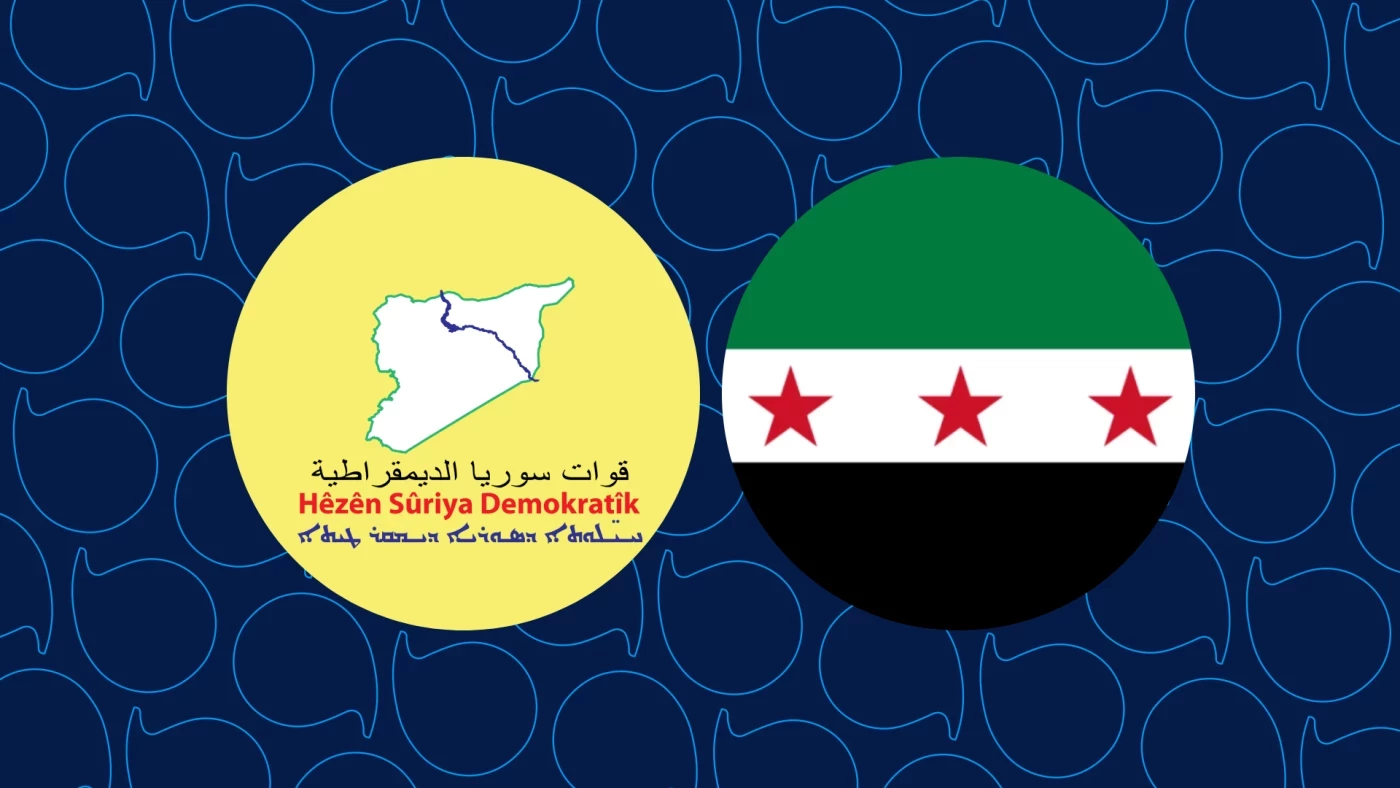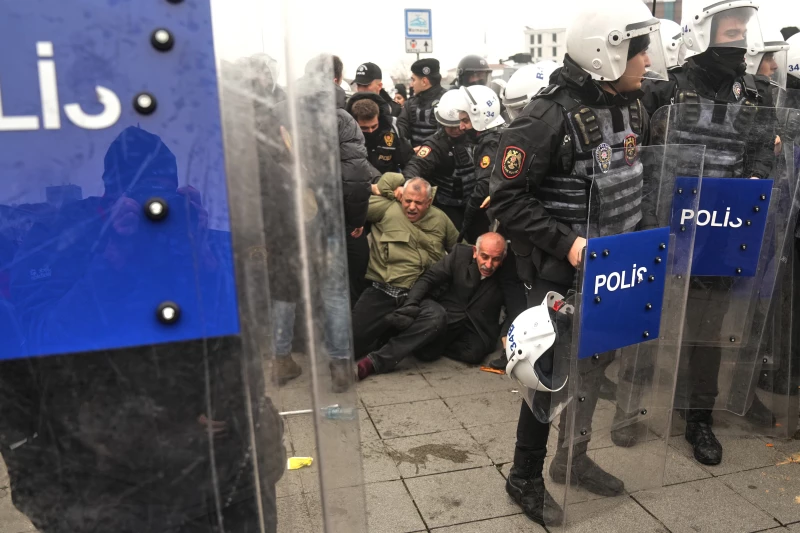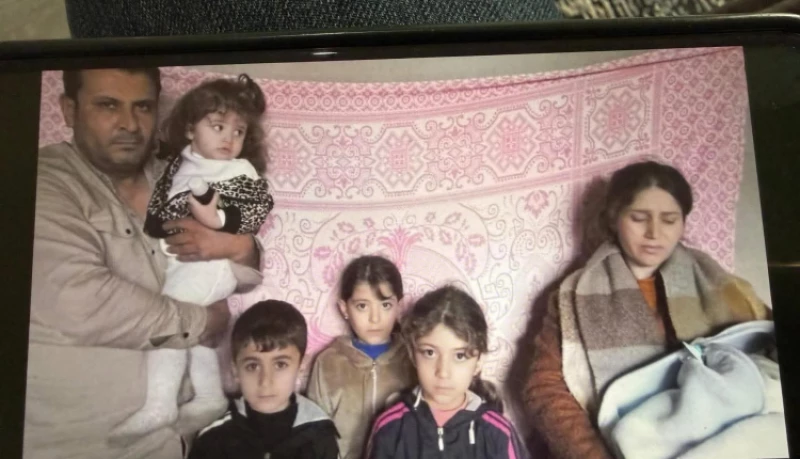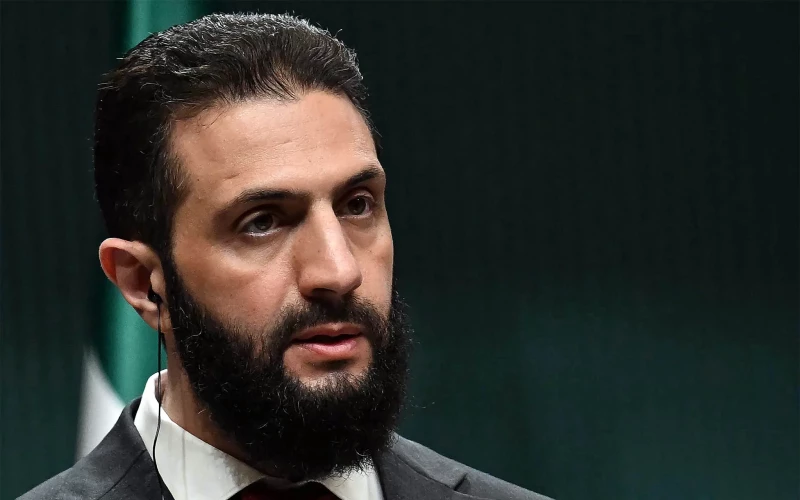ERBIL, Kurdistan Region of Iraq – A top official from the Syrian Democratic Forces (SDF) on Saturday stated that the identity of the Kurdish-led forces must be respected in the integration process with the Syrian Army, and highlighted Afrin as the key criterion for the success of the process.
Last week, a high-level meeting took place between Damascus and SDF delegations supervised by US mediators, discussing mechanisms for implementing the March 10 agreement regarding the integration of Kurdish-led forces into the Syrian state.
Sipan Hamo, a member of the SDF general command, in an interview with the SDF media center, stated that the forces are willing to join the Syrian army, but stressed “the integration we demand must preserve the identity of the SDF and respect its struggle.”
On that basis, the SDF commander argued that the pace of the implementation process is dependent on the Damascus government, rejecting claims that the Kurdish forces are behind the stagnation of the process and denouncing the accusations as “completely incorrect and not based on facts.”
In a joint press conference with his Turkish counterpart Hakan Fidan earlier this month in Ankara, Syrian Foreign Minister Asaad al-Shaibani accused the SDF of being “slow” and not taking “any practical steps” to join the Syrian army.
“On the contrary, we want to join the new army,” the SDF official said, arguing that the main hindrance to that objective is the “narrow visions” of some parties who are still “captive to the mentality of the previous regime,” and seek to eliminate the forces’ “political, social, and administrative identity,” which they “will absolutely not accept.”
Additionally, Hamo highlighted Afrin as the “real criterion” for the Kurdish components to trust the “government's seriousness in building a national army,” calling on Damascus to return “displaced Afrin residents, compensating those affected, and holding accountable those responsible for violations.”
Afrin, a Kurdish-majority city in northern Syria, was taken over in 2018 by Turkey and its proxies, leading to the displacement of more than 137,000 native residents.
“If you act justly towards Afrin, remove injustices, and prepare the atmosphere for the return of displaced persons, then the interim government can be viewed differently,” he noted.
On March 10, SDF chief Mazloum Abdi and Syria’s President Ahmed al-Sharaa signed an agreement that would see the Kurdish-led forces in northeast Syria integrate into the Syrian state apparatus.
The integration process has seen a slow development due to the contrasting views on authority by both sides, with the SDF seeking a decentralized form of governance where the Kurdish forces and institutions enjoy a degree of authority, while Damascus seeks a centralized rule.
A Turkish official speaking on condition of anonymity told Bloomberg on Friday that Ankara is “counting on Sharaa to resist Kurdish demands for greater autonomy,” coming after Abdi told local media that the forces reached an understanding with Damascus regarding the matter of decentralization.
The US-backed SDF functions as the de facto army of northeast Syria and played a key role in the territorial defeat of the Islamic State (ISIS) in Syria in 2019.



 Facebook
Facebook
 LinkedIn
LinkedIn
 Telegram
Telegram
 X
X


